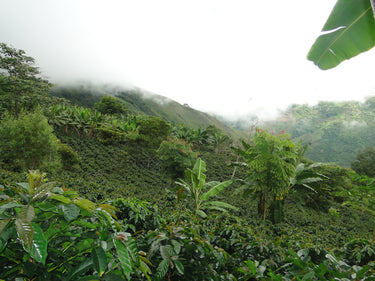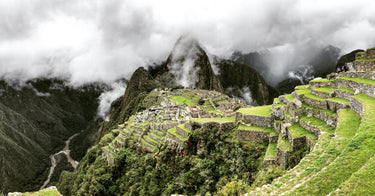Ethiopia Bookkisa Nº 252
Tastes Like:
Peach, Strawberry & Jasmine
Roast:
This Ethiopian coffee is typical both of the its region, and of a more traditional approach to the ‘natural’ process. The coffee cherries are Read more
- Free delivery on orders over £25
- Roasted fresh to every order 🔥
- Dispatched next working day 📆
- 100% recyclable packaging 🟢
Delivery information
Roasted & dispatched the next working day with Royal Mail Tracked service.
Order Value
£0.00 - £9.00 = £2.95
£9.01 - £20.00 = £3.75
£20.01 - £24.99 = £3.95
£25+ = Free UK Shipping
Join our coffee club
And get the newest coffees delivered straight to you every month!
Ethiopia
Natural
Sookoo Coffee, owned by Ture Waji
Shakiso, Guji
2000m-2150m
Gibirinna 74110, Serto 74112
The smallholders deliver their coffee cherry to the Dambi Uddo washing station high up in the Shakiso hills. The coffee trees grown in amongst native forest, which creates a natural shade covering, promoting good soil health and slow maturation of the coffee cherries. The farming practices are organic by tradition - although official certification has not been possible in this case.
The varieties of Arabica are Gibirinna 74110 and Serto 74112 and were propagated by JARC (Jimma Agricultural Research Center) from the Metu Bishari forest. They are resistant to Coffee Berry Disease which helps producers maximize their yields. The cherries are dried on raised beds at an elevation of 2,173m for around 15-20 days. They are moved and rotated frequently to ensure even and precise drying. This results in some of the most vibrant and clean coffees. Unlike many naturals, they have great florals and acidity. They are often described as "Ethiopia first, natural processing second."
Ash says...
If you’ve been unsure about ‘natural process' coffees before - this is the one to try. Clean, crisp, fruity and floral but with none of the funky fermentation flavour


















